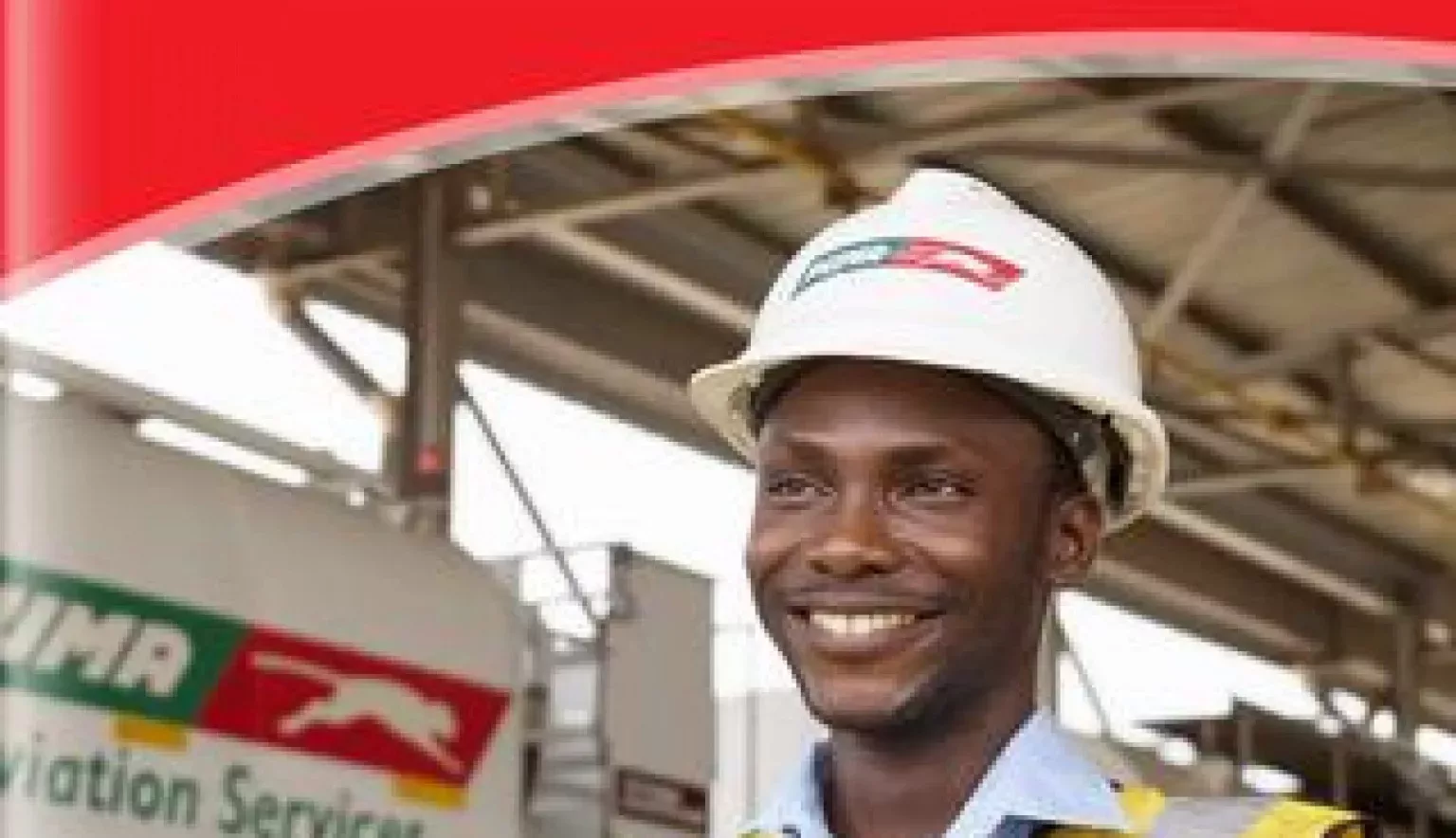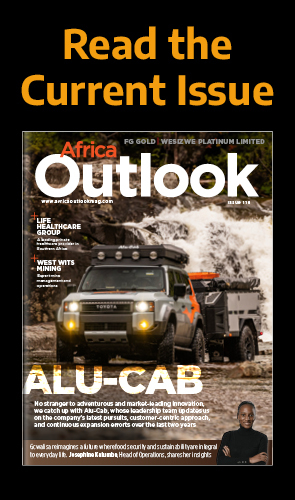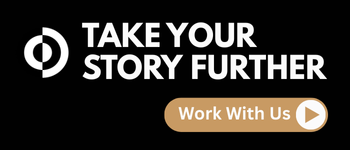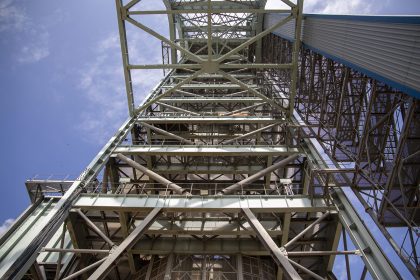INTRODUCTION
The Company’s core functions in the present day focus on its distribution capabilities, emphasising downstream operations including retail, B2B, aviation, bunkering, LPG and lubricants. And through its UBI Group affiliation and subsequent link to Blue Ocean Investments – the second largest bulk distribution company in Ghana – midstream operations are also accounted for virtue of the aforementioned, vast storage and terminal assets.
MEETING LOCAL DEMAND WITH GLOBAL SUPPLY
“We are always looking to grow our various business lines, and 2018 will see us focus particularly on the introduction of LPG through bottle recirculation, along with an aggressive expansion of our lubricants offering in this highly competitive market.”
INVESTMENT IN INFRASTRUCTURE
Puma Energy Ghana also intends to continue investing in its retail offering via the launch of an exciting convenience partnership and the introduction of a Puma Energy fuel card in partnership with a major bank.
And the investments don’t just revolve around the service offering either, but equally throughout the Company’s internal processes, structure and technologies in order to facilitate its own rapid growth.
“Investment in infrastructure is central to Puma Energy’s business model worldwide. In Ghana, however, Blue Ocean Investments has made significant investments in infrastructure to benefit the industry; especially in the area of product storage,” Bouvier-Baird details. “As the number one customer of Blue Ocean, Puma Energy benefits from the security of supply that Blue Ocean’s 170,000m3 of storage across four depots has; consisting of gasoline, gasoil, JET A1 (aviation fuel) and even LPG. This will help us ensure the safe, swift and reliable supply of petroleum products to our customers at very competitive prices.
“Moreover, Puma Energy has invested millions of dollars into improving the standards of retail filling stations. In Ghana, Puma Energy has taken over, renovated and rebranded more than 30 retail filling stations in 2017 alone, giving Ghanaians improved access to top quality fuel at very low prices. Consumers in Ghana can now use less cash for better quality fuel.”
Blue Ocean Investments has similarly invested in Kotoka International Airport’s fuel storage infrastructure, increasing Ghana’s premier airport’s storage capacity from 1.5 million litres to more than 10 million litres.
Meanwhile, even more internally, on the tech front, Puma Energy has partnered with Ebits, a global refuelling solutions provider, to adopt its online platform, Av.R. across its aviation operations; a solution that will provide the Company with a real-time overview of all transactions to speed up decision-making, processing times and problem solving efficiencies.
“We also now have a terminal management system that is tied in to our order-to-cash process that ensures that every litre lifted from our depots is accounted for and released to the right customer,” the MD adds in reference to administrative improvements. “This enables us to be sure of the specific driver and truck that lifted the product and thus ensures accuracy of invoicing.”
COMPETITIVE ENVIRONMENT
To effectively harness and implement all ongoing investments and projects, Puma Energy has in place a comprehensive human resource strategy which not only emphasises the best person for the job but, where possible, the most socially responsible and localised hiring decision in each case.
“We place a heavy local emphasis on our employment strategy and in Ghana, we have more than 98 percent Ghanaian nationals as staff,” Bouvier-Baird says. “Although we bring global expertise to aid our operations, these are significantly enhanced when combined with brilliant local minds who understand the terrain. The result is highly effective execution. It’s a great synergy of local know-how and global experience that brings about otherwise unreachable results.”
The same philosophy is applied to the Company’s supply chain management strategy, and as Bouvier-Baird notes, by surrounding itself with locally experienced and knowledgeable personnel, Puma Energy is better equipped to foresee and overcome various industry challenges; such as that seen by the downstream market’s recent deregulation in 2015.
He recalls: “It created an increasingly competitive environment which we believe is healthy for both the industry and the consumer; forcing all oil marketing companies to be more efficient with operating costs and to look for ways to integrate themselves to improve product costs.
“Luckily we are ahead of the curve here due to our partnership with Blue Ocean Investments.”
The integrated supply chain achieved through the Blue Ocean Investments partnership ultimately assures not just top quality provision of products – which should be expected of Puma Energy regardless – but at the lowest possible prices.
Bouvier-Baird concludes: “In the future, we would like Puma Energy to be recognised as one of the top oil marketing companies in Ghana, respected by both the consumer and the business customer. We should have an even wider retail network with impressive standards and a growing non-fuel offer; while we also hope to be one of the top suppliers in mining and bunkering.
“We are here to fuel Ghanaian journeys; this is very important to us. Although we’re global, we are dedicated to understanding the Ghanaian market as well as possible, and providing what consumers truly want: high quality fuel at a competitively low cost, and with an impeccable service.”
































